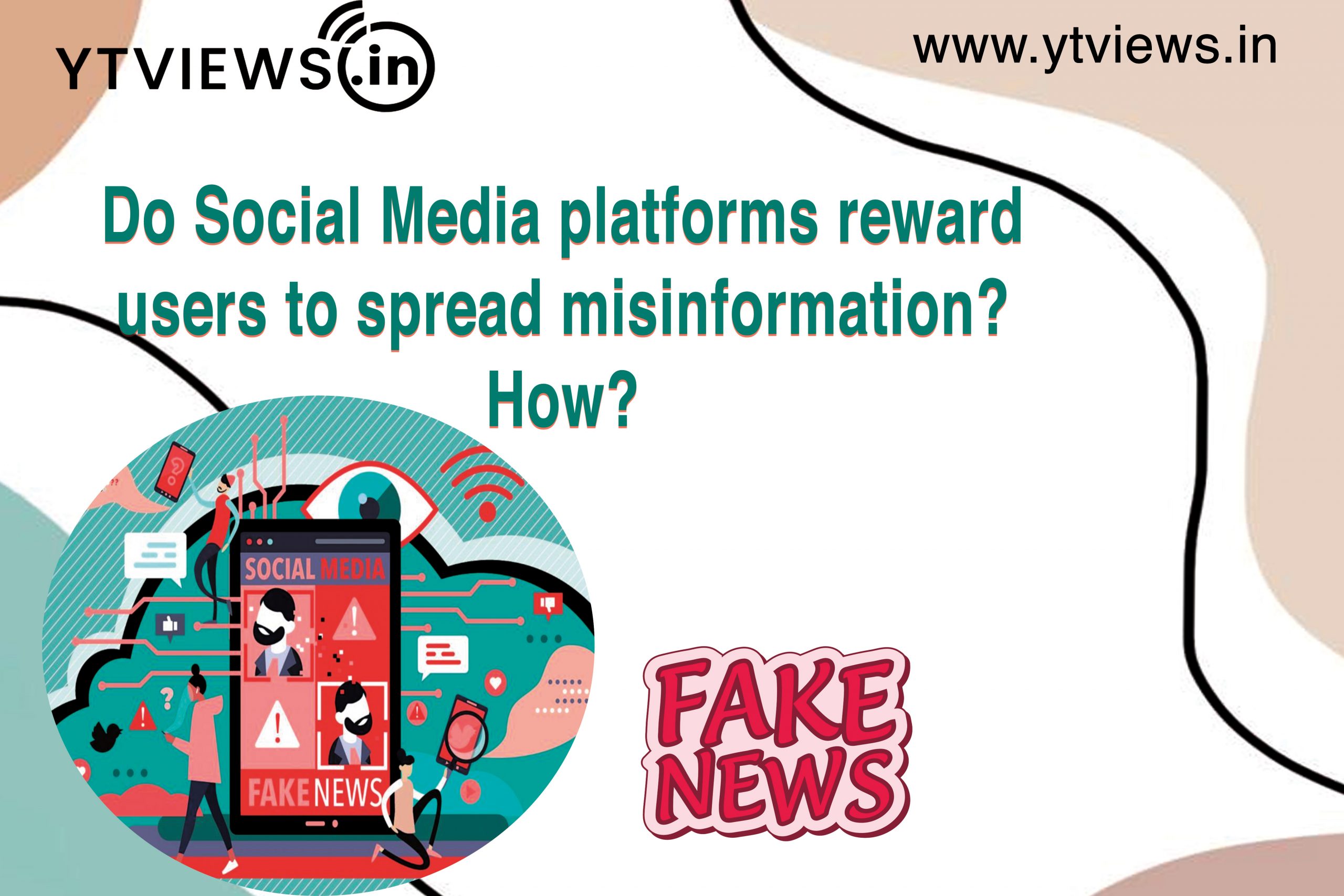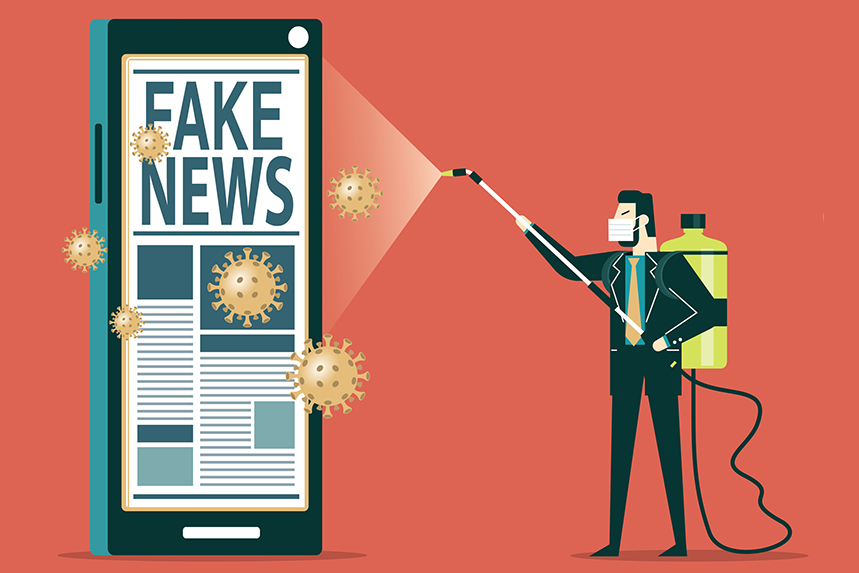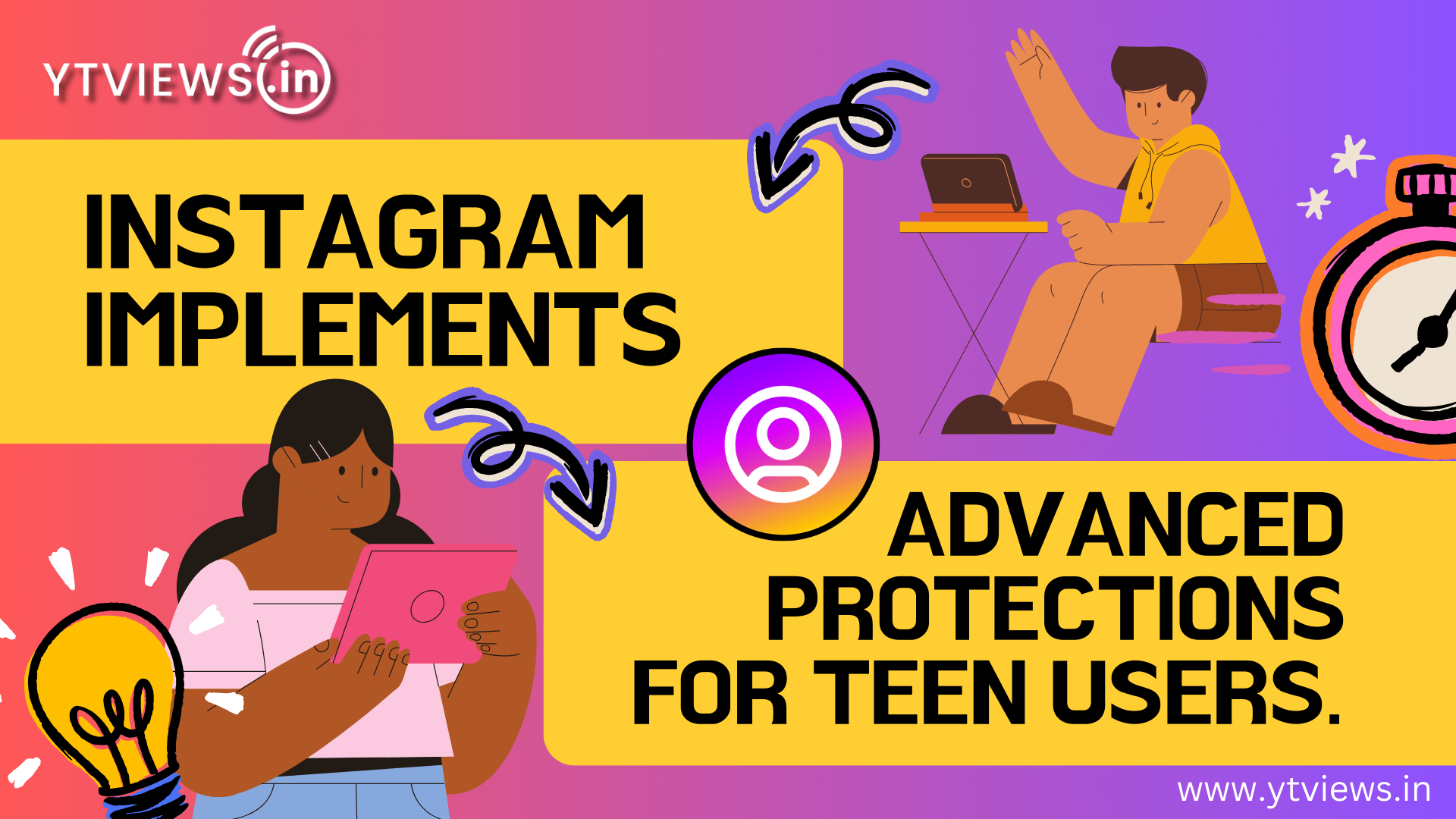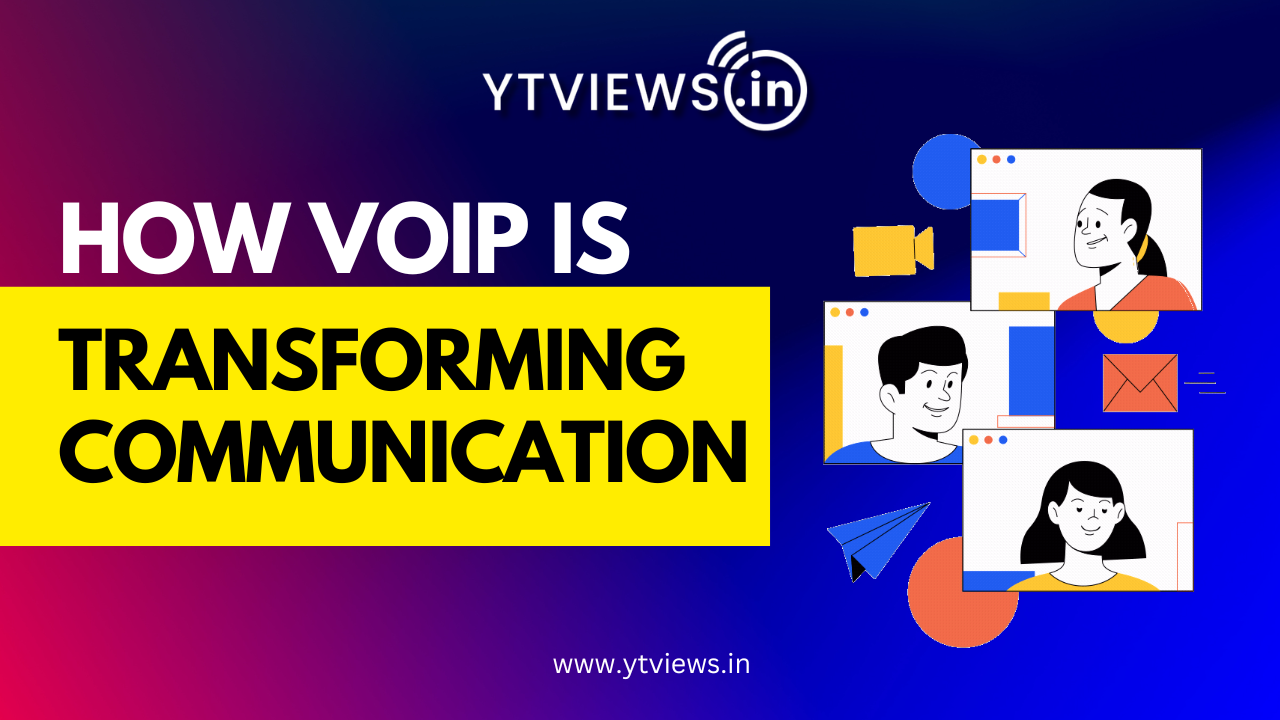Do social media platforms reward users to spread misinformation? How?
 Researchers have found that the practice of paying people to routinely share information via social media platforms like Twitter and Facebook has contributed to the spread of false information and fake news. More than 2,400 Facebook users, according to research by the University of Southern California (USC), feel that social media sites—rather than particular persons—play a bigger role in the dissemination of false information online.
Researchers have found that the practice of paying people to routinely share information via social media platforms like Twitter and Facebook has contributed to the spread of false information and fake news. More than 2,400 Facebook users, according to research by the University of Southern California (USC), feel that social media sites—rather than particular persons—play a bigger role in the dissemination of false information online.
How is this happening?

Just 15% of the most frequent news sharers in the study were found to be responsible for disseminating between 30% and 40% of the bogus news, according to research results published in the journal Proceedings of the National Academy of Sciences. Six times as many bogus news stories were transmitted by regular, habitual users as by infrequent or new users.
Users develop habits of sharing material that receives praise from others as a result of the reward-based learning systems on social media, according to the study. Once habits are formed, cues on the platform automatically trigger information sharing without users taking into account negative reaction effects, such as the propagation of false information, they noted.
It is therefore possible to develop a habit of posting, sharing, and interacting with people on social media. “Our research demonstrates that a lack of users does not cause misinformation to proliferate. It actually is a result of the design of social media platforms itself, “Wendy Wood, emerita Provost Professor of business and psychology at USC, noted. More than specific characteristics, social media users’ activities are what most often spreads false information. According to other studies, some individuals don’t think critically about the material they consume, while others establish beliefs based on political prejudices, which makes it harder for them to spot fake information online.
Gizem Ceylan, the study’s lead author, said, “However, we show that the incentive system of social media platforms has a significant influence when it comes to misinformation diffusion.” Users may be encouraged to develop sharing behaviours that make them more receptive to sharing honest material, according to the study.
Related Posts

Instagram Implements Advanced Protections for Teen Users.

5 Skills to Become a Successful Social Media Marketer

LinkedIn Adds AI Training Opt-out Option

What Video Editing Software Do Youtubers Use in 2024?

How VoIP Services are changing the Way We Make Calls






































